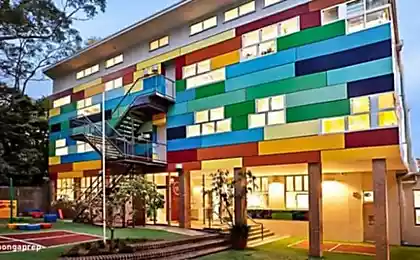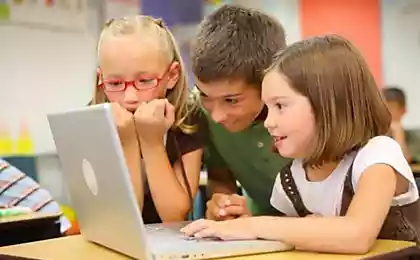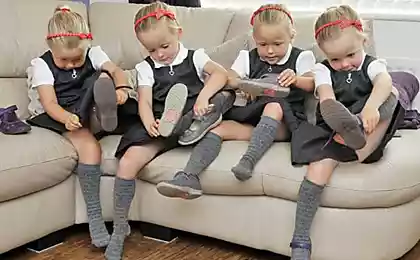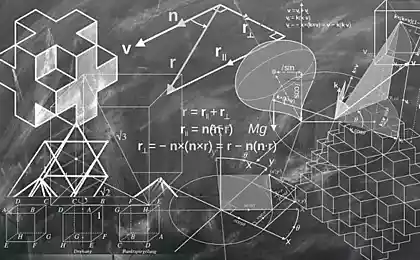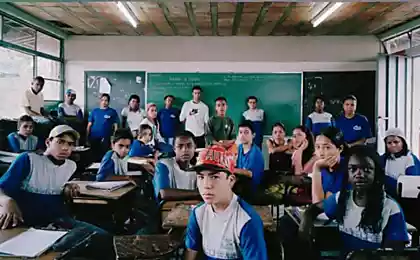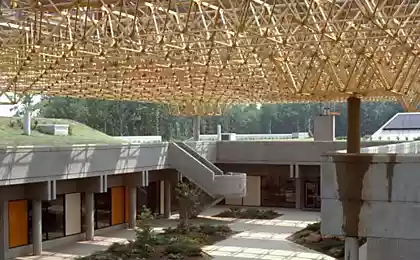135
What skills a first-grader needs
Before sending a child to first grade, many parents send them to development centers or teach them to write letters and count up to 1,000. And if the child masters this, then mom and dad with a clear conscience believe that preparation done. And they expect their kid to be the first A.D. student in school.
But it's not that simple. And teachers consider such preschool activities of a child almost a waste of time. After all, for high readiness for study in the first place is not necessary first-graderSkills that will facilitate the learning process.

The ability to write letters and numbers will help the child stand out in the first weeks after school, and then what? This is not the foundation that will help to gain knowledge, said the teacher Olga Katayeva.
“I once had a first-grader class of 25 in which 20 could read and count. The first quarter was clear, everyone worked hard. And as they began to write words and sentences, they began to disassemble the conditions of the tasks – the children “sit down”.

“It became clear that the first quarter of the children rode on familiar material, not learning to overcome difficulties, and simply did not form the skills necessary for further learning,” says the teacher.
When a child enters the first grade without proper preparation, it is evident in poorly formed speech, in the undeveloped imagination, in the inability to show emotions and even in the inability to play. In this regard, Olga Kataeva offers to get acquainted with the set of skills that modern first-graders lack.
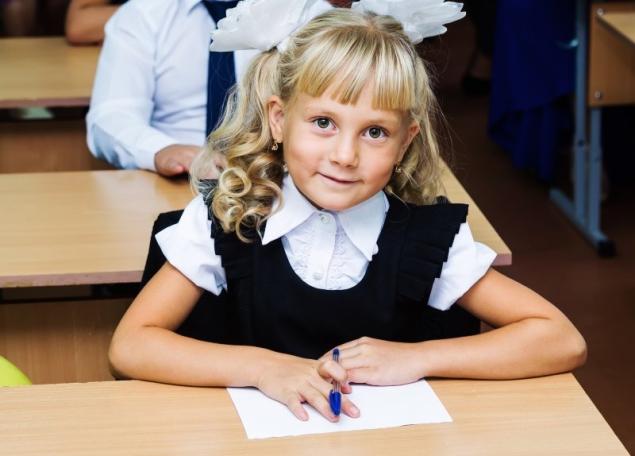
Of course, this does not mean that children should go to school fully trained. Rather, on the contrary, if the parents by the age of 6 did not invest in the child proper basic knowledge, then the emergency teaching of the child to read and write before the first trip to school will simply violate complexityIt will prepare the ground for new problems.
So if mom and dad want to. schoolYou need to read to him from the first years, play board games with him, draw, talk. And if all this has been done, then the child will probably properly possess most of these skills, and with learning problems will not arise.
But it's not that simple. And teachers consider such preschool activities of a child almost a waste of time. After all, for high readiness for study in the first place is not necessary first-graderSkills that will facilitate the learning process.

The ability to write letters and numbers will help the child stand out in the first weeks after school, and then what? This is not the foundation that will help to gain knowledge, said the teacher Olga Katayeva.
“I once had a first-grader class of 25 in which 20 could read and count. The first quarter was clear, everyone worked hard. And as they began to write words and sentences, they began to disassemble the conditions of the tasks – the children “sit down”.

“It became clear that the first quarter of the children rode on familiar material, not learning to overcome difficulties, and simply did not form the skills necessary for further learning,” says the teacher.
When a child enters the first grade without proper preparation, it is evident in poorly formed speech, in the undeveloped imagination, in the inability to show emotions and even in the inability to play. In this regard, Olga Kataeva offers to get acquainted with the set of skills that modern first-graders lack.

- Listen.
Almost 70% of students do not know how to consciously listen to the teacher, and we are not talking about some lectures, but about elementary explanations, for example, how to spell a letter or a number. Lack of skill does not allow you to fully gain knowledge or acquire other skills. - Hold the pen.
Surprisingly, about 40% of children cannot hold a pen, pencil or paintbrush. Some children hold the pen incorrectly. And only 1 in 10 demonstrates tolerable graphic skills. For some reason, parents always forget about the development of fine motor skills.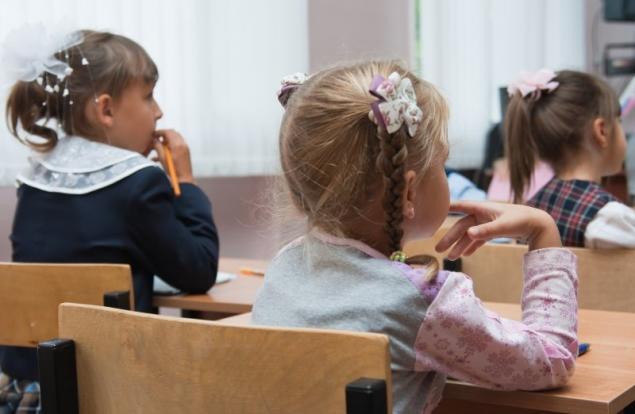
- Determine the number of sounds
At the beginning of training, about 50% of students can not count how many sounds in a word. Over time, this figure decreases by 20-25%, but other children continue to experience problems, which leads to difficulties in writing dictations. - Orientation in space
9 out of 10 children have great difficulty with the registration of records, with work on the designated area of space in the notebook, so as not to “get out” of the lines, cells, fields. - Understand mathematics
Children can easily solve simple examples, but cannot create a problem with the same example, they find it difficult to make a mathematical story from the picture. And as the program moves on to more challenging tasks, the problem gets worse.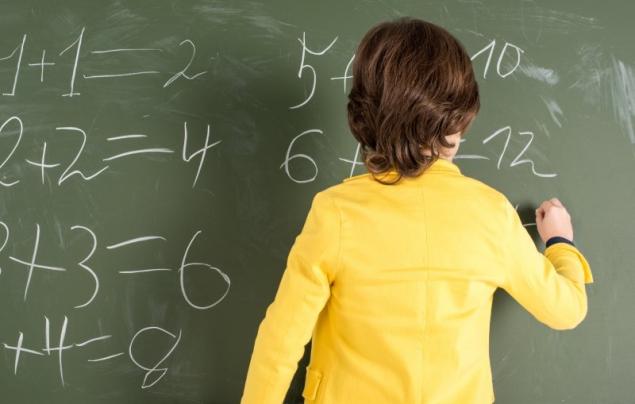
- Know how to play
At recess, only 20% of first-graders know how to play collective games, while the rest of the children do not know how to play yard games, do not know how to follow the rules and often refuse to play if the game does not go as they would like. - Understand emotions
Empathy skills are not developed in most first graders. They are unable to understand another person’s emotions or notice differences in intonation. And even reading something, such a child can not understand the feelings of the character, it is difficult to distinguish joy from sadness, does not realize causality. - Correct read
Nearly 80 percent of students can read, but most of them do not. This is manifested in misunderstanding or distortion of the meaning of the read, swallowing parts of words, confusion of letters. At the same time, the child does not pay attention to punctuation marks, reads everything in one monotonous canvas.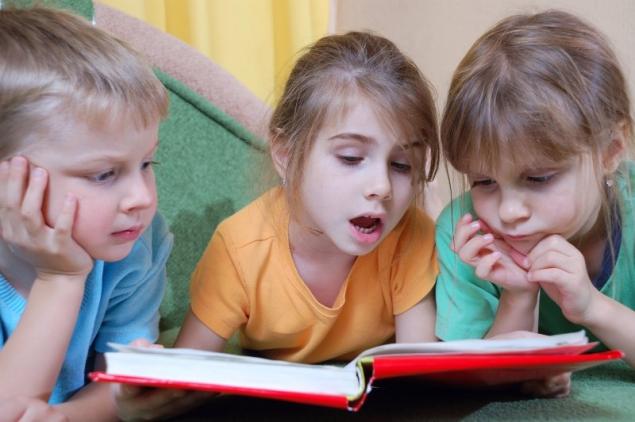
Of course, this does not mean that children should go to school fully trained. Rather, on the contrary, if the parents by the age of 6 did not invest in the child proper basic knowledge, then the emergency teaching of the child to read and write before the first trip to school will simply violate complexityIt will prepare the ground for new problems.
So if mom and dad want to. schoolYou need to read to him from the first years, play board games with him, draw, talk. And if all this has been done, then the child will probably properly possess most of these skills, and with learning problems will not arise.




